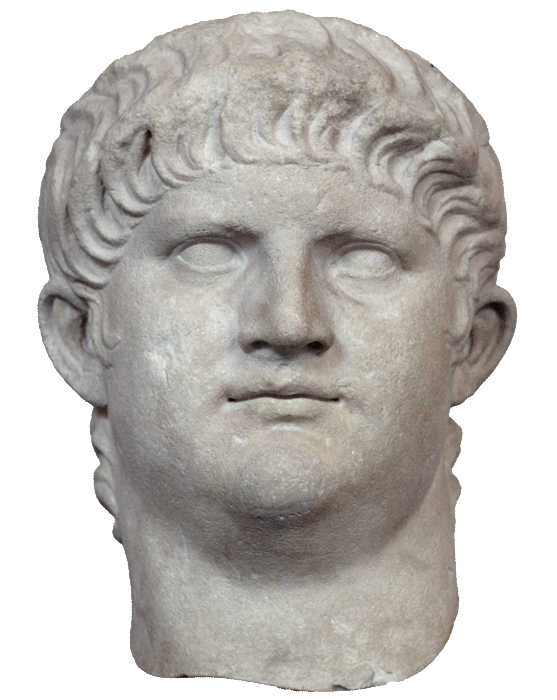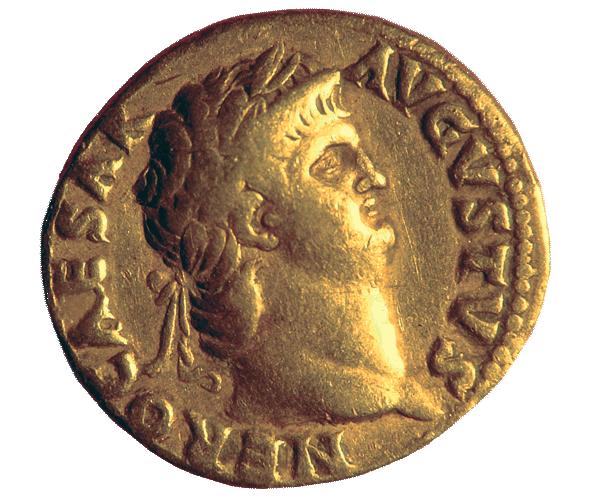1 Timothy
Teach the Truth
Central Teaching
Paul writes to stop the false teaching in the church and to teach the church how to conduct itself.
Memory Verses
Setting
First and Second Timothy and Titus are known as the Pastoral Letters because each letter addresses a pastor. Timothy accompanied Paul on his second and third missionary journeys and is listed as cosender in five of Paul’s Letters; Timothy was serving as pastor of the church in Ephesus at the time. Titus, a Gentile believer and one of Paul’s closest companions in ministry, was serving as pastor on the island of Crete. To these two trusted and dearly loved partners in ministry, Paul wrote three very significant letters dealing with life in the local church.
Sometime between AD 63 and 67, Paul wrote letters to Timothy (in Ephesus) and Titus (in Crete), instructing them about local church ministry and encouraging them to persevere. After Paul was imprisoned a second time, he wrote Timothy one final letter, a farewell to his faithful friend. (See also the “Setting” of 2 Timothy and Titus.)

A bust of Emperor Nero, who was the Roman emperor when Paul wrote the Pastoral Letters
Message
Paul had earlier warned the Ephesian elders that false teachers from their own group would distort the truth and lead people astray (Acts 20:30). According to 1 Timothy 1:3–7, that is exactly what happened. In Ephesus false teaching had become a problem, and the elders were responsible for teaching (1 Tim. 3:1–7; 5:17–25). In other words, the church in Ephesus was being threatened by some of its own leaders.
After challenging Timothy to teach the truth (1:3–20), Paul gives instructions about worship and leadership in the local church (1 Tim. 2–3). He focuses on the theme of godliness (1 Tim. 4), which is perhaps the most significant quality for any effective church leader. In the closing chapters Paul is very practical and offers corrective instructions for several groups, including the elders of the church. Throughout, Paul challenges Timothy to be the leader God wants him to be by not showing favoritism, keeping himself pure, teaching the truth, resisting temptation, and fighting the good fight of faith.
Outline
Interesting Features
- Paul presents qualifications and instructions for church leaders (elders and deacons) in 1 Timothy 3:1–13; 5:17–25; and Titus 1:6–9.
- First Timothy 2:11–15 offers a significant (and much debated) passage on the role of women in the church.
- First Timothy 6 contains wise advice about how Christians should use money.
- The Pastorals contain five “trustworthy sayings” (1 Tim. 1:15; 3:1; 4:9; 2 Tim. 2:11; Titus 3:8).

A Roman coin with Nero’s portrait
Connections
The Pastoral Letters continue to speak in meaningful ways about life and ministry in the local church, particularly in terms of the various qualifications and responsibilities of church leaders (1 Tim. 3:1–13; Titus 1:5–9). Today, we should pay attention to all the items on these lists rather than being selective about which ones to apply. Along with setting a godly example, certain leaders are charged with teaching the Scriptures faithfully and accurately. Since false teaching continues to threaten the church, thereby steering people away from Christ, it is the leader’s job to lovingly shepherd the flock away from danger and back toward God’s truth.